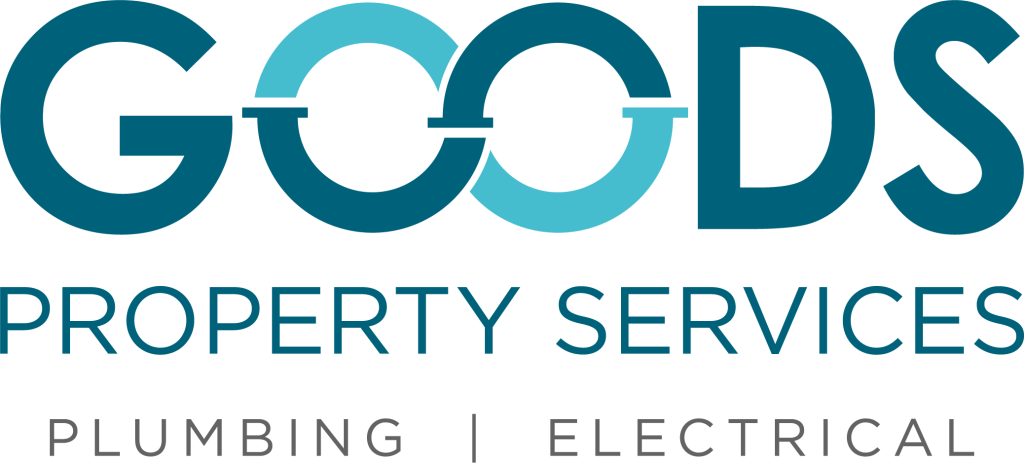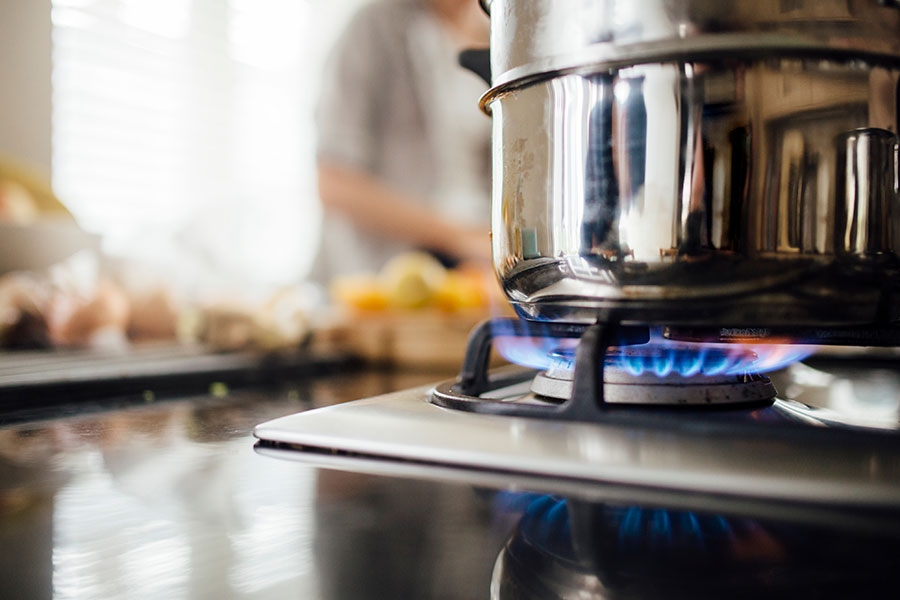Gas leaks can be dangerous and scary, but knowing how to detect and handle them can keep you and your family safe. In this guide, we’ll walk you through everything you need to know about gas leak detection, from understanding what a gas leak is to recognising the signs and knowing what steps to take if you suspect one. Let’s dive in.
Understanding Gas Leaks
Gas leaks are a serious issue that can affect any home or property. But what exactly is a gas leak, and how does it happen? In this section, we’ll explain the basics and common causes, helping you stay informed and prepared.
What is a Gas Leak?
A gas leak occurs when natural gas escapes from a pipeline or appliance and enters an area where it shouldn’t be. Natural gas is used in many Australian homes for heating, cooking, and hot water. While it’s generally safe when used correctly, a leak can pose significant dangers, including fire hazards and health risks. Understanding the nature of gas leaks is the first step in prevention and safety.
Common Causes of Gas Leaks
There are several reasons why gas leaks might occur, including:
- Faulty appliances: Poorly maintained or damaged gas appliances can develop leaks.
- Poor installation: Incorrect installation of gas lines or appliances can lead to leaks.
- Corroded pipes: Over time, gas pipes can corrode and crack, causing leaks.
- Damage from construction work: Excavation and construction activities can accidentally damage gas lines.
Knowing these common causes can help you take preventive measures to avoid potential gas leaks in your home.
Signs of a Gas Leak
Recognising the signs of a gas leak early can make a big difference in ensuring your safety. There are various physical and environmental indicators that can alert you to a potential gas leak. Let’s explore these signs in more detail.
Physical Symptoms of a Gas Leak
One of the first ways you might notice a gas leak is through physical symptoms. These symptoms can affect your health and well-being:
- Headaches: Sudden, unexplained headaches could be a sign of a gas leak.
- Dizziness: Feeling lightheaded or dizzy when inside your home.
- Nausea: An upset stomach or nausea that improves when you leave the house.
- Breathing difficulties: Shortness of breath or difficulty breathing can be serious indicators.
If you or anyone in your home experiences these symptoms, it’s important to act quickly and investigate the possibility of a gas leak.
Environmental Indicators of a Gas Leak
In addition to physical symptoms, there are several environmental signs that might indicate a gas leak:
- Distinct smell: Natural gas is odourless, but suppliers add a chemical that smells like rotten eggs to help you detect leaks.
- Hissing or whistling sounds: Unusual sounds near gas lines or appliances can indicate escaping gas.
- Dead vegetation: Plants or grass near a gas line that suddenly die could be a sign of a leak.
- White cloud or dust cloud: A white or dusty mist near a gas pipe might indicate a significant leak.
These environmental indicators can help you detect a gas leak before it becomes a major issue.
How to Detect a Gas Leak
Detecting a gas leak early can prevent dangerous situations. Here, we’ll discuss how to use your senses and available tools to identify a gas leak effectively.
Using Your Senses to Detect a Gas Leak
Your senses are your first line of defence against gas leaks. Here’s how to use them:
- Smell: Trust your nose. If you detect a rotten egg smell, it could be a gas leak.
- Sight: Look for unusual signs like fog, mist, or bubbles in standing water around gas lines.
- Sound: Listen for hissing or whistling sounds, especially near gas appliances or pipelines.
Relying on these sensory cues can help you catch gas leaks early.
Gas Detection Tools and Devices
For more precise detection, consider using specialised tools and devices:
- Handheld gas detectors: These devices can sense the presence of gas in the air and alert you.
- Carbon monoxide detectors: While primarily for detecting carbon monoxide, some advanced models can also detect natural gas.
- Smart home systems: Modern smart home systems often include gas detection capabilities, providing an extra layer of security.
Investing in these tools can enhance your ability to detect gas leaks and ensure your home’s safety.
Steps to Take if You Suspect a Gas Leak
Knowing what to do if you suspect a gas leak is crucial for your safety. Here are the immediate actions you should take and when to call a professional.
Immediate Actions to Ensure Safety
If you think there might be a gas leak, follow these steps immediately:
- Evacuate the area: Get everyone out of the house or building.
- Avoid using electrical devices: Do not turn on lights, use phones, or operate any electrical appliances.
- Ventilate the area: If it’s safe, open windows and doors to allow gas to dissipate.
These steps can help prevent accidents and keep you safe until help arrives.
When to Call a Professional
After ensuring your immediate safety, it’s crucial to contact a professional gas service provider:
- Call your gas company: Report the suspected leak to your gas supplier.
- Contact a licensed gas fitter: They can inspect, detect, and repair any gas leaks safely.
Never attempt to fix a gas leak on your own. Professional help ensures the problem is handled correctly and safely. At Goods Property Services, we’re the local Perth go-to Gas specialists. Give us a call today!
Professional Gas Leak Detection Services in Perth
Living in Perth, you have access to excellent professional gas leak detection services. Here’s why you should consider professional help and what you can expect.
Why Choose Professional Services?
Professional services offer several benefits:
- Expertise: Qualified technicians have the knowledge and experience to detect and repair gas leaks.
- Advanced tools: Professionals use sophisticated equipment that can detect leaks more accurately than DIY methods.
- Comprehensive safety checks: They can conduct thorough inspections to ensure your entire gas system is safe.
- Peace of mind: Knowing that a professional has handled your gas leak gives you confidence in your home’s safety.
Choosing professional services ensures that gas leaks are dealt with efficiently and effectively.
What to Expect from a Professional Gas Leak Detection Service
When you hire a professional gas leak detection service in Perth, you can expect:
- Thorough inspection: Technicians will inspect all gas lines and appliances for potential leaks.
- Accurate detection: Using advanced tools, they can pinpoint the exact location of leaks.
- Safe repair services: Professionals will fix any detected leaks safely and ensure your gas system is secure.
- Recommendations: They might suggest preventive measures or upgrades to prevent future leaks.
This comprehensive approach ensures your home remains safe and leak-free.
Preventive Measures to Avoid Gas Leaks
Prevention is always better than cure. In this section, we’ll discuss some measures you can take to prevent gas leaks and keep your home safe.
Regular Maintenance and Inspections
One of the best ways to prevent gas leaks is through regular maintenance:
- Annual check-ups: Schedule yearly inspections of your gas appliances and lines with a licensed technician.
- Routine maintenance: Keep your gas appliances in good working order by following the manufacturer’s maintenance recommendations.
Regular inspections and maintenance can catch potential issues before they become serious problems.
Upgrading to Modern Gas Appliances
Modern gas appliances are designed with safety features that older models might lack. Consider upgrading if:
- Your appliances are old: Older appliances are more prone to developing leaks.
- You’ve experienced previous issues: If you’ve had gas leaks in the past, newer appliances might offer better reliability.
Investing in modern, safer appliances can significantly reduce the risk of gas leaks.


